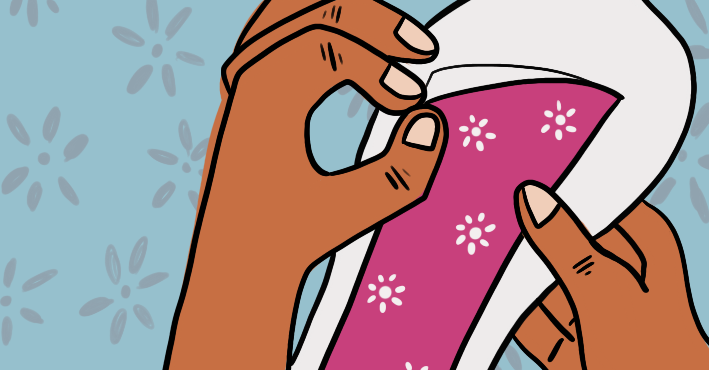How One City is Addressing Period Poverty

Free menstruation products will now be in all public restrooms in Ann Arbor, Mich., after the city passed an ordinance that takes effect in January.
The Ann Arbor City Council on Nov. 15 unanimously passed the ordinance, which defines period hygiene products as an essential sanitation necessity. Tampons and pads will be accessible in the city’s public bathrooms, addressing a sanitation crisis that effects millions of people with periods around the world.
Period poverty refers to when menstruating people cannot afford products to manage their bleeding. Many are forced to use items such as rags, paper towels or even cardboard as a result to a lack of access.
One in five low-income menstruating people miss school or work because they don’t have the proper menstrual products. Two-thirds of them say they cannot afford these items.
While some American cities have recently offered free period products in public schools and colleges, Ann Arbor is believed to be the first city to provide these necessities in public restrooms. While schools have become a place to easily acquire pads and tampons, COVID-19 closures effected this access.
Plus, unemployment leaves some families struggling to choose between food and menstruation products. Tampons, pads and pantyliners cost women thousands of dollars over a lifetime, and this does not include care medication, ruined underwear or menstrual cups or disks.
“We as a society, for too long, have not taken menstruation seriously,” Ann Arbor Mayor Christopher Taylor told NPR. “Access to menstrual products is a fundamental human necessity.”
In November, Scotland became the first country to provide free menstrual products.
